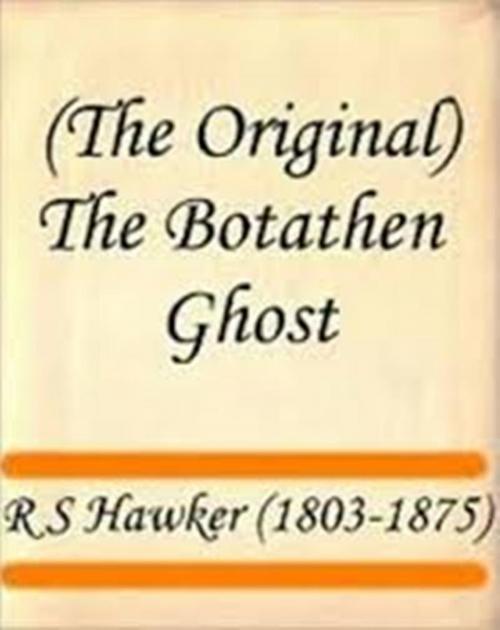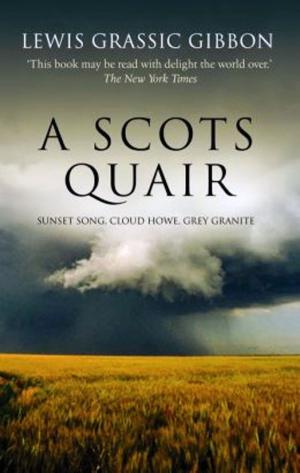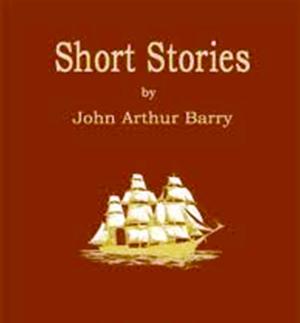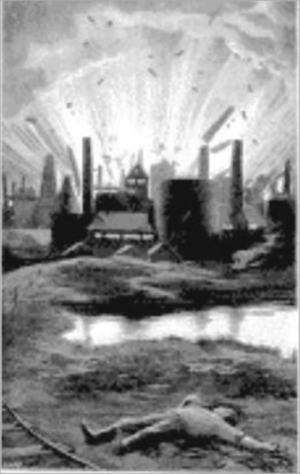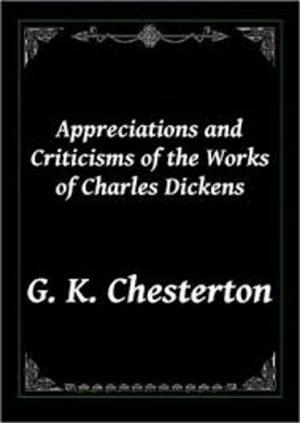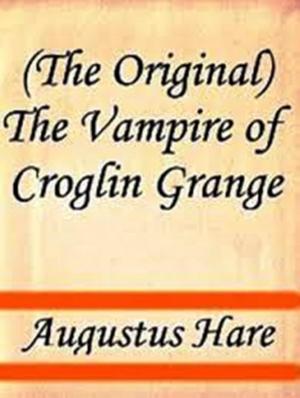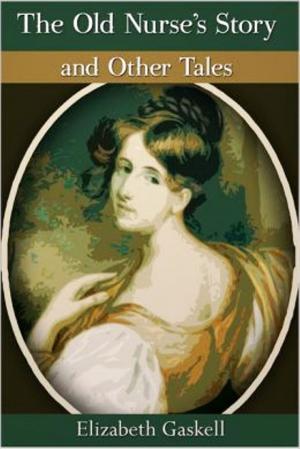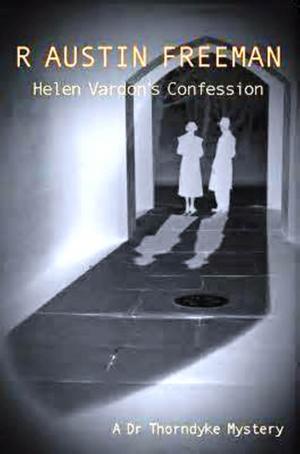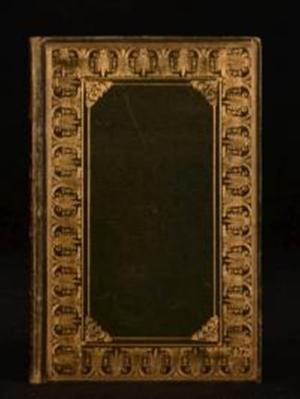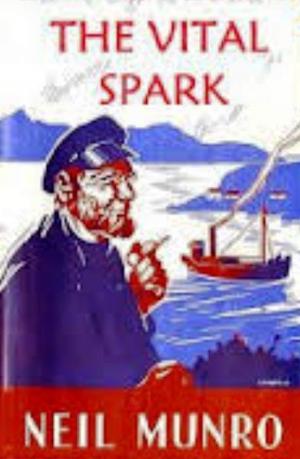| Author: | R S Hawker | ISBN: | 1230000199056 |
| Publisher: | WDS Publishing | Publication: | November 25, 2013 |
| Imprint: | Language: | English |
| Author: | R S Hawker |
| ISBN: | 1230000199056 |
| Publisher: | WDS Publishing |
| Publication: | November 25, 2013 |
| Imprint: | |
| Language: | English |
There was something very painful and peculiar in the position of the
clergy in the west of England throughout the seventeenth century. The
Church of those days was in a transitory state, and her ministers, like
her formularies, embodied a strange mixture of the old belief with the
new interpretation. Their wide severance also from the great metropolis
of life and manners, the city of London (which in those times was
civilized England, much as the Paris of our own day is France), divested
the Cornish clergy in particular of all personal access to the
master-minds of their age and body. Then, too, the barrier interposed by
the rude rough roads of their country, and by their abode in wilds that
were almost inaccessible, rendered the existence of a bishop rather a
doctrine suggested to their belief than a fact revealed to the actual
vision of each in his generation. Hence it came to pass that the Cornish
clergyman, insulated within his own limited sphere, often without even
the presence of a country squire (and unchecked by the influence of the
Fourth Estate--for until the beginning of this nineteenth century,
_Flindell's Weekly Miscellany_, distributed from house to house from the
pannier of a mule, was the only light of the West), became developed
about middle life into an original mind and man, sole and absolute within
his parish boundary, eccentric when compared with his brethren in
civilized regions, and yet, in German phrase, 'a whole and seldom man' in
his dominion of souls. He was 'the parson', in canonical phrase--that is
to say, The Person, the somebody of consequence among his own people.
These men were not, however, smoothed down into a monotonous aspect of
life and manners by this remote and secluded existence
There was something very painful and peculiar in the position of the
clergy in the west of England throughout the seventeenth century. The
Church of those days was in a transitory state, and her ministers, like
her formularies, embodied a strange mixture of the old belief with the
new interpretation. Their wide severance also from the great metropolis
of life and manners, the city of London (which in those times was
civilized England, much as the Paris of our own day is France), divested
the Cornish clergy in particular of all personal access to the
master-minds of their age and body. Then, too, the barrier interposed by
the rude rough roads of their country, and by their abode in wilds that
were almost inaccessible, rendered the existence of a bishop rather a
doctrine suggested to their belief than a fact revealed to the actual
vision of each in his generation. Hence it came to pass that the Cornish
clergyman, insulated within his own limited sphere, often without even
the presence of a country squire (and unchecked by the influence of the
Fourth Estate--for until the beginning of this nineteenth century,
_Flindell's Weekly Miscellany_, distributed from house to house from the
pannier of a mule, was the only light of the West), became developed
about middle life into an original mind and man, sole and absolute within
his parish boundary, eccentric when compared with his brethren in
civilized regions, and yet, in German phrase, 'a whole and seldom man' in
his dominion of souls. He was 'the parson', in canonical phrase--that is
to say, The Person, the somebody of consequence among his own people.
These men were not, however, smoothed down into a monotonous aspect of
life and manners by this remote and secluded existence
